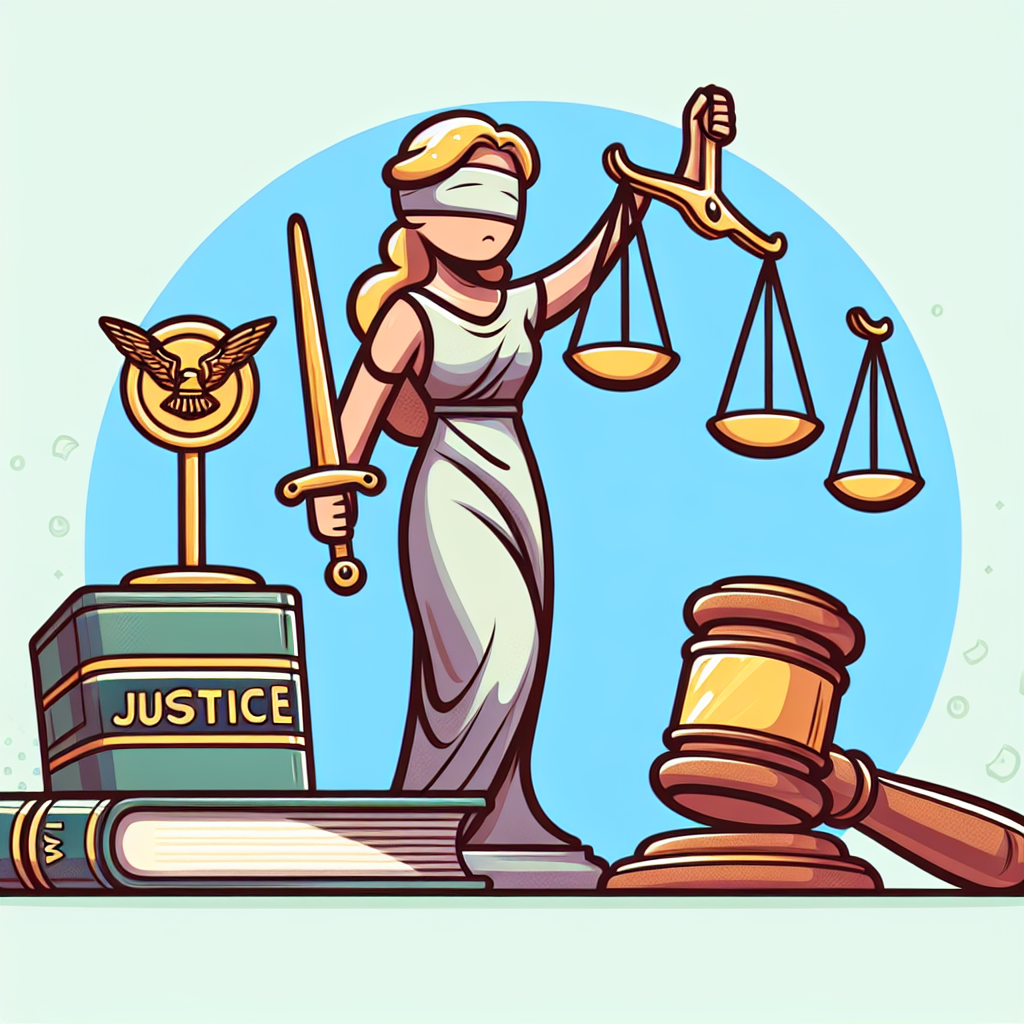Parliament Welcomes Inquiry Into Explosive KZN Police Corruption Allegations
The announcement of the commission has been broadly welcomed by Parliament, especially by those overseeing the pillars of South Africa’s justice and security apparatus.

- Country:
- South Africa
The chairpersons of Parliament’s Justice and Police Committees have expressed full support for President Cyril Ramaphosa’s decision to establish a judicial commission of inquiry into serious allegations made by Lieutenant General Nhlanhla Mkhwanazi, the Provincial Police Commissioner of KwaZulu-Natal (KZN). The inquiry will delve into claims of a criminal syndicate operating within law enforcement, intelligence agencies, and elements of the judiciary, potentially reaching the highest levels of government.
The move follows startling revelations by Mkhwanazi, who alleged a deeply entrenched criminal conspiracy involving police officers, prosecutors, judges, politicians, and even the Minister of Police, Senzo Mchunu, who has since been placed on a leave of absence by the President pending the outcome of the investigation.
A Bold Step Toward Justice and Accountability
The announcement of the commission has been broadly welcomed by Parliament, especially by those overseeing the pillars of South Africa’s justice and security apparatus. Chairperson of the Justice and Constitutional Development Committee, Xola Nqola, emphasized the gravity of the situation and the potential institutional damage if the allegations remain uninvestigated.
“The National Prosecuting Authority, as well as the Judiciary and Magistracy, are pillars of our criminal justice system and the constitutional rule of law. They are the guardians of justice and accountability, and we cannot have a question mark hanging over them, causing the public to lose confidence in our justice system,” said Nqola.
Rooting Out Rot Within SAPS and Beyond
Ian Cameron, Chairperson of the Police Portfolio Committee, echoed Nqola’s sentiments and called for a thorough, independent, and effective inquiry that must not shy away from uncomfortable truths.
“The establishment of this commission must not be a cosmetic exercise,” Cameron asserted. “It should trigger greater reflection and comprehensive reforms aimed at rejuvenating the criminal justice system. Only then can we restore public faith in the South African Police Service (SAPS) and its leadership.”
Scope of the Inquiry: What Will Be Investigated
The judicial commission will investigate several explosive claims made by Mkhwanazi, which include:
-
The existence of a well-connected criminal syndicate operating within and alongside elements of the police and intelligence services.
-
Allegations that senior law enforcement officials, judges, and prosecutors are either complicit or compromised.
-
Claims that senior political figures, including Minister Mchunu, may have been influenced or involved in efforts to suppress investigations or protect syndicate operations.
-
The systematic sabotage of anti-corruption efforts within the SAPS and intelligence agencies in KwaZulu-Natal.
These claims, if substantiated, could expose deep-rooted corruption and a shadow network that undermines South Africa’s democracy and constitutional governance.
Parliamentary Oversight Intensifies
In parallel to the judicial commission’s proceedings, Parliament is ramping up its legislative oversight mechanisms. Last week, National Assembly Speaker Thoko Didiza mandated the Justice, Police, and Intelligence Committees to jointly assess Mkhwanazi’s allegations and consider how Parliament should proceed.
These committees are expected to convene urgently this week to define a coordinated approach and report back to the Speaker, potentially recommending additional legislative, procedural, or disciplinary actions.
Public Trust at Stake
At the heart of this unfolding saga lies a crisis of public confidence in the criminal justice system. The alleged infiltration of state institutions by criminal elements is not just a legal issue—it is a constitutional crisis, threatening the rule of law and the integrity of the republic.
The judicial commission’s work, and the transparency with which it is carried out, will be closely watched by civil society, legal watchdogs, and international observers.
A Crucial Test for South Africa’s Democratic Institutions
President Ramaphosa’s decision to launch the commission signals a serious commitment to tackling institutional corruption. With Parliament fully backing the inquiry and oversight committees ready to engage, this moment could become a turning point in South Africa’s fight against entrenched criminal networks within state structures.
As the inquiry gets underway, all eyes will be on the scope, independence, and eventual findings of the commission—findings that may determine the future credibility of some of the nation’s most powerful institutions.










